East Africa’s Dangerous Climate for Political Dissent
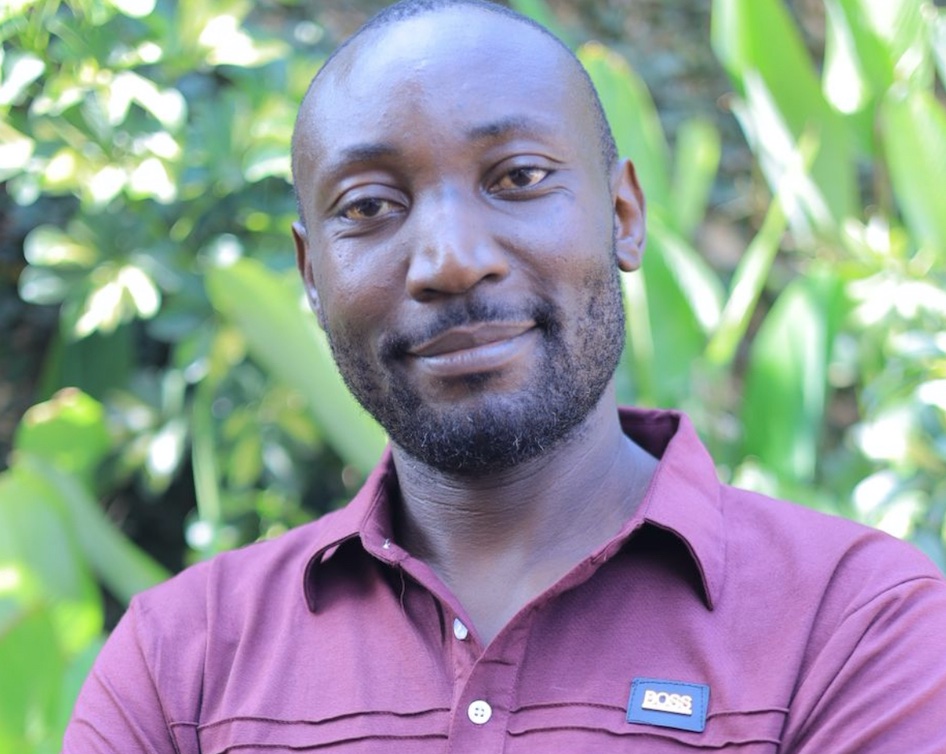
By RICHARD KIZZA LUGOBWA
LONDON. East African states, often praised for their economic potential and regional cooperation, are increasingly creating hostile environments for political dissent.
Governments in Tanzania, Uganda, and Kenya—despite their democratic pretenses—have perfected tactics of repression, ranging from trumped-up charges and enforced disappearances to brutal crackdowns on opposition voices.
The region’s leaders appear to be taking cues from one another, creating a disturbing pattern where dissent is met with state-sanctioned violence, legal persecution, and media suppression.
In Tanzania, President Samia Suluhu Hassan, initially welcomed as a breath of fresh air after the authoritarian rule of John Magufuli, has shown that political repression remains deeply entrenched.
Opposition leader Tundu Lissu, who survived an assassination attempt in 2017, returned from exile only to face fresh politically motivated charges.
Accusations of sedition and incitement have been slapped against him, ahead of the October 2025 Presidential elections, mirroring the tactics once used to silence critics under Magufuli.
In a twist of events, leading Kenyan lawyer and the country’s former Justice Minister Martha Karua, and leader of the People’s Liberation Party along with fellow Kenyan lawyer Gloria Kimani and human rights campaigner Lynn Ngugi travelled to Tanzania to represent Tundu Lissu in a treason case on Monday.
Upon arrival at Julius Nyerere International Airport Karua was detained for several hours. Karua said that she was subjected to “hours of unwarranted interrogation”, before being deported.
In Uganda, Karua was initially denied permission to represent Kizza Besigye’s in his treason case. She was later cleared after securing a work permit.
The same ordeal happened to Ugandan activist Agather Atuhaire who travelled to Tanzania to attend Tindu Lissu’s trial on Monday as a gesture of solidarity.
Atuhaire was arrested by Tanzanian authorities and held incommunicado for days until Thursday found when she was found at the Uganda-Tanzanian border with indications of torture.
On Monday, President Samia Suluhu warned that she would not allow apologists from neighboring countries to “meddle” in her country’s affairs and cause “chaos”.
Meanwhile, journalists like Erick Kabendera have been arbitrarily detained, and activists such as Maria Sarungi face relentless intimidation. The message is clear: in Tanzania, challenging the government comes with severe risks.
Uganda, under Yoweri Museveni’s nearly four-decade rule, serves as the blueprint for repression in the region.
The regime’s brutality against opposition figures is well-documented. During the 2021 elections, National Unity Platform (NUP) leader Bobi Wine was arrested, tortured, and placed under house arrest, while his supporters were abducted, tortured, and in some cases, killed.
State sanctioned violence is gradually becoming a new-normal. Since 2024 when General Muhoozi Kaneirugaba, also president’s son was appointed Commander of Defense Forces, the notorious “drones”—a euphemism for security operatives who abduct activists—have become a symbol of state terror. Political dissent is viewed as a crime.
The military now takes center stage in the political affairs of the country, which abrogates the constitution. Muhoozi through his X posts continues to brag about this and vows to crush the opposition just as his father Museveni.
Victims like John Bosco Kibalama, Kanatta Muhammad and dozens of NUP supporters have disappeared into unmarked vans, only to resurface days or weeks later with harrowing tales of abuse and torture.
Museveni’s government has also weaponized the law, passing draconian legislation such as the UPDF amendment bill (awaiting Museveni’s signature to take force), the Anti-Homosexuality Act, to further marginalize and criminalize dissent.
Kenya, often regarded as East Africa’s most stable democracy, is not immune to this trend. President William Ruto, who campaigned as a reformer, has overseen a government that continues to suppress opposition voices.
The abductions of bloggers like Shadrack Kiprono, who criticized the administration, echo Uganda’s enforced disappearances.
The 2023 anti-tax protests were met with live ammunition, leaving at least 23 dead—a stark reminder that Kenya’s security forces operate with impunity. The legacy of extrajudicial killings, exemplified by the murder of human rights lawyer Willie Kimani in 2016, remains unresolved, reinforcing the fear that challenging the state can be fatal.
Across the region, governments have enacted laws designed to stifle free expression intending to put a permanent lid on dissent. Tanzania’s Cybercrime Act, Uganda’s Public Order Management Act, and Kenya’s proposed “Fake News” bill all serve the same purpose: to criminalize dissent under the guise of maintaining order.
Media freedom is under siege—from Uganda’s raid on Nation Media Group in 2018 to Tanzania’s banning of Mseto newspaper. Independent journalists operate in constant fear, knowing that critical reporting could lead to arrest or worse.
The African Union and international partners often turn a blind eye to these abuses, prioritizing regional stability over human rights.
Western governments, while occasionally issuing statements of concern, continue to engage with these regimes on trade and security cooperation, sending a tacit message that repression carries no real consequences.
East Africa’s political landscape is becoming a graveyard for dissent, where opposition figures and their supporters, journalists, and activists risk everything to speak out.
The methods may differ slightly—whether it’s Uganda’s abductions, Tanzania’s legal harassment, or Kenya’s violent crackdowns—but the outcome is the same: a climate of fear where democracy exists in name only. If this trend continues unchecked, the region’s future will be one of silenced voices and unchallenged authoritarianism.
The writer is an advocate for democracy and justice through the arts, media and other platforms
Email: richardlk63@gmail.com
Tel: +447351353725











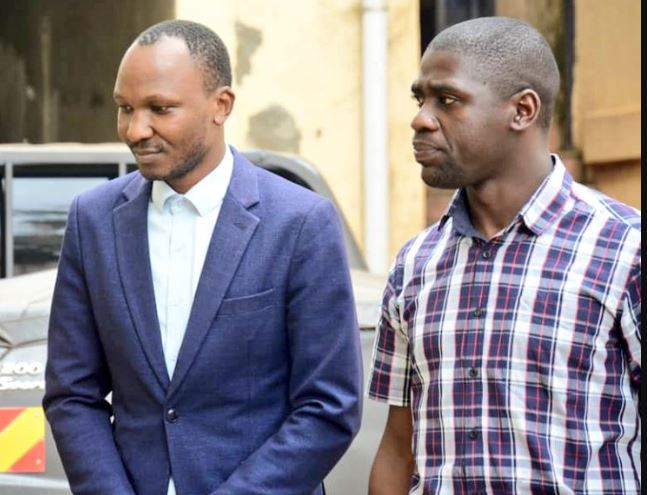

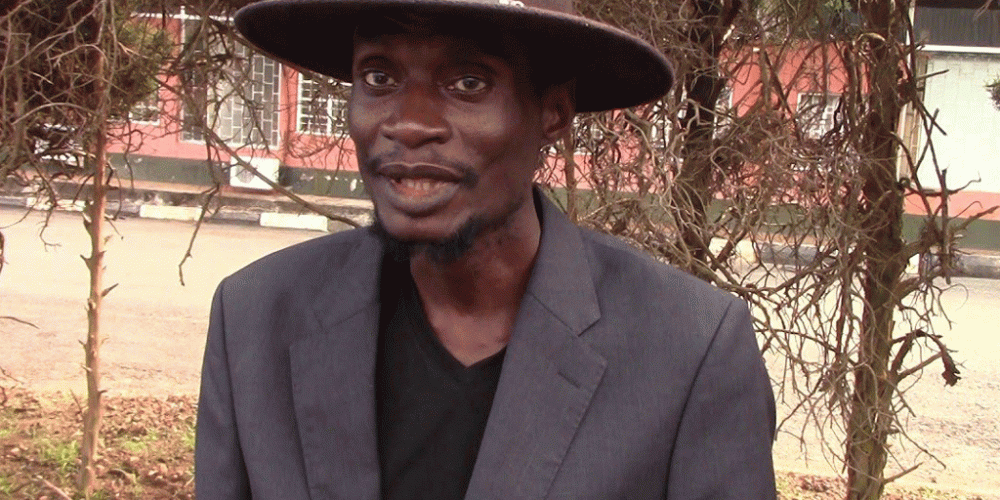
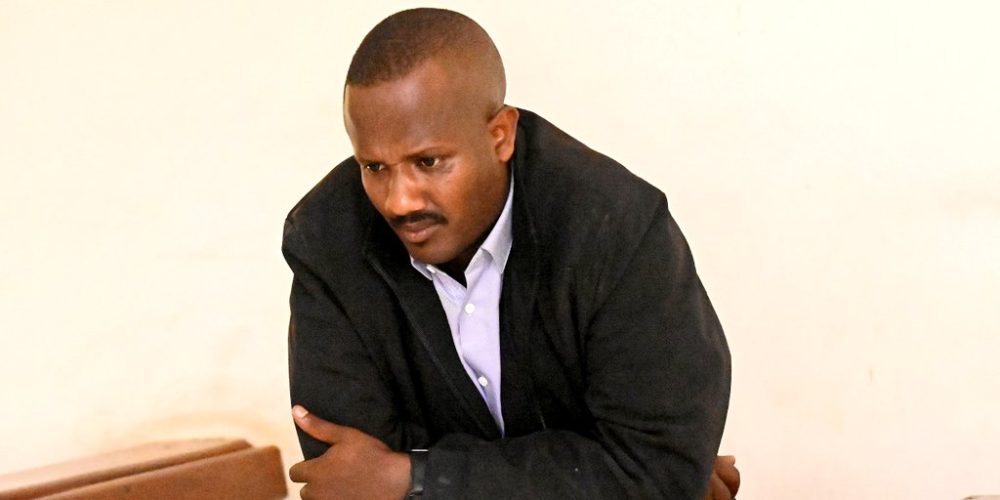

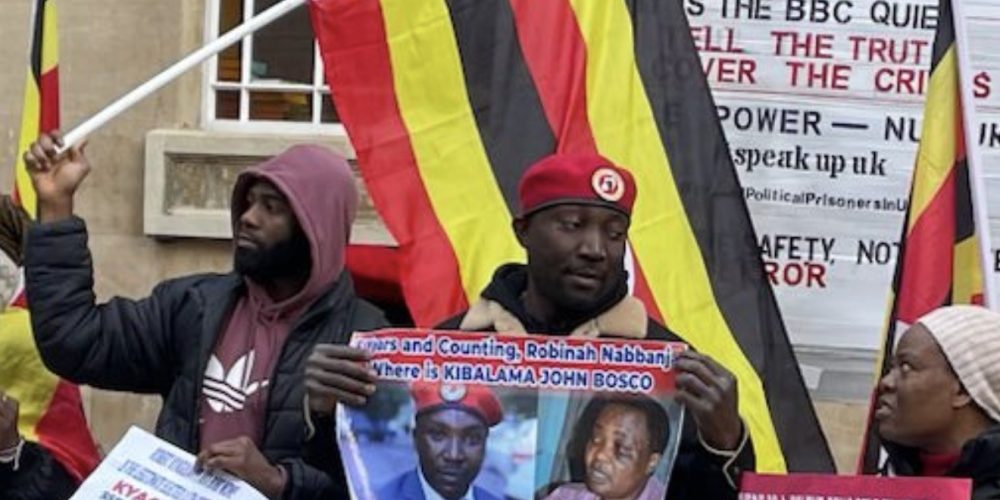
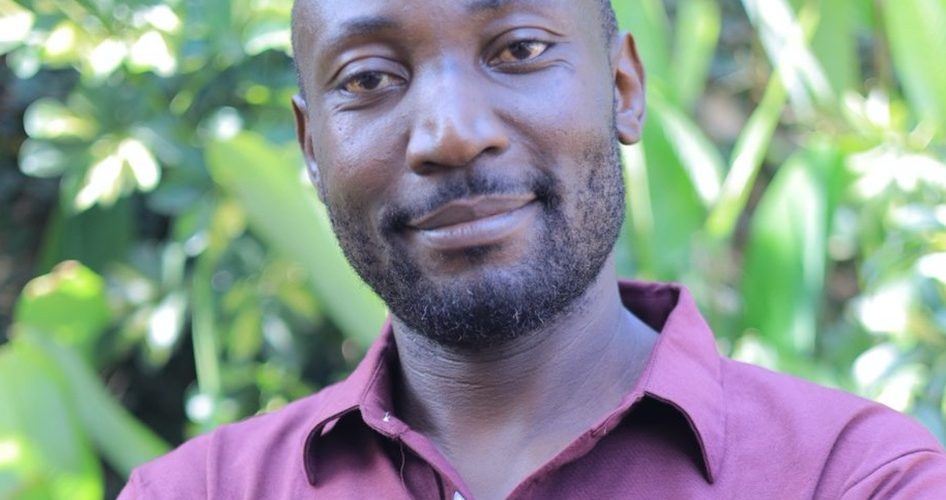
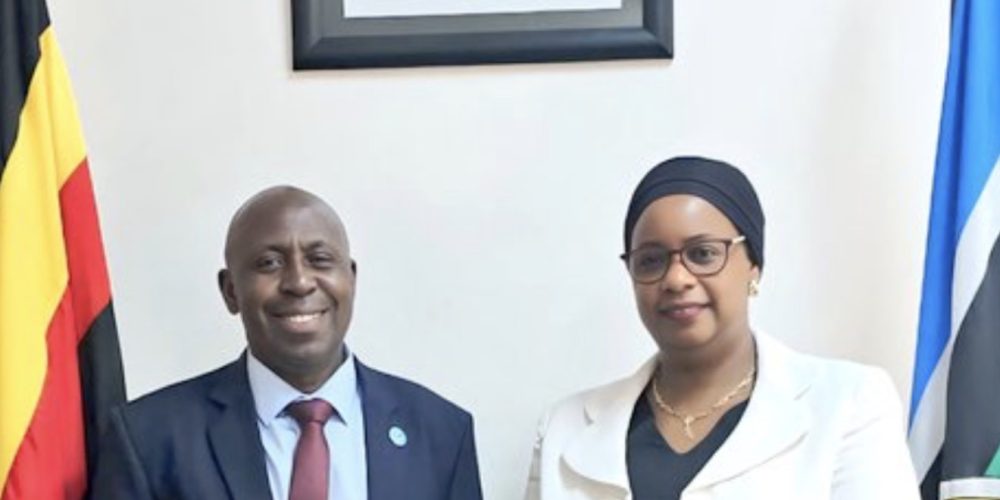
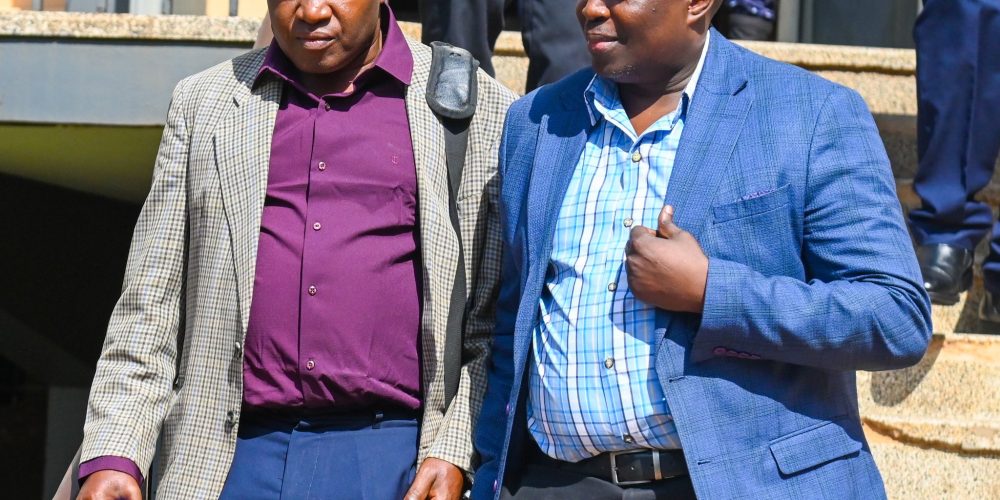
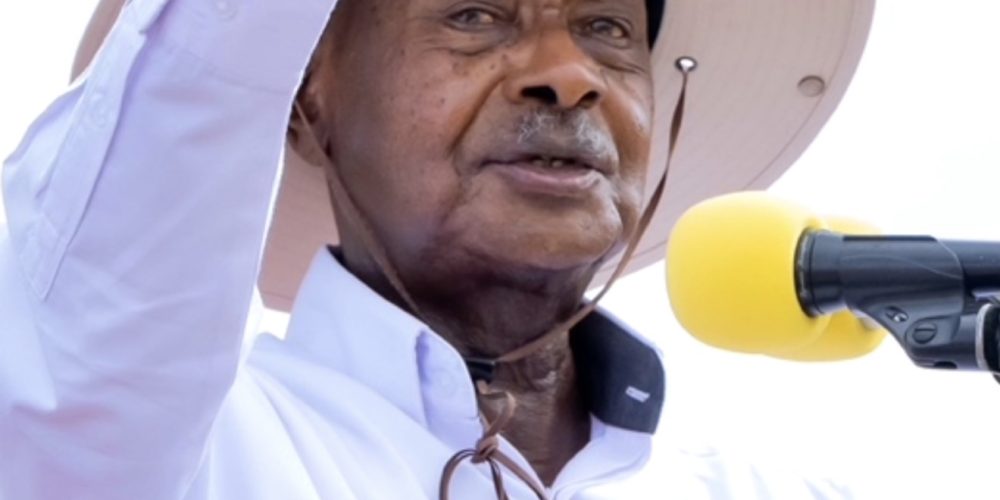
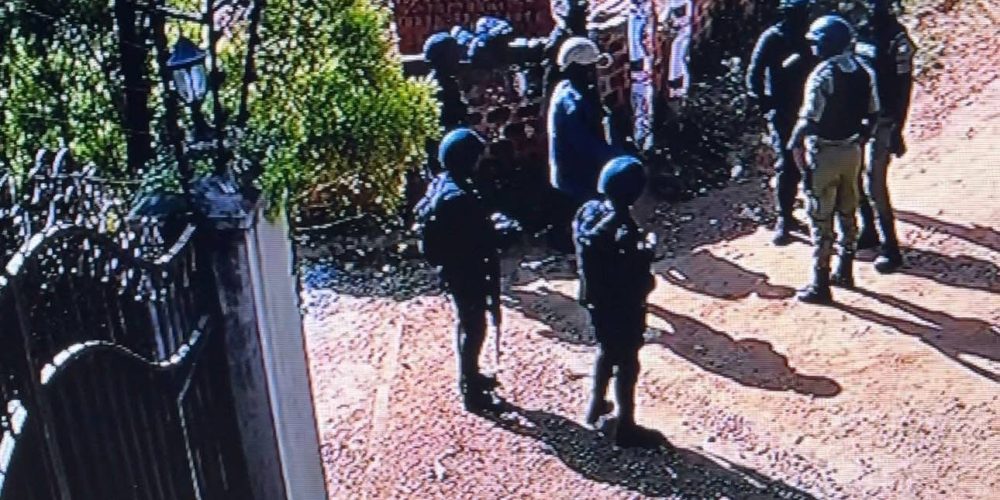
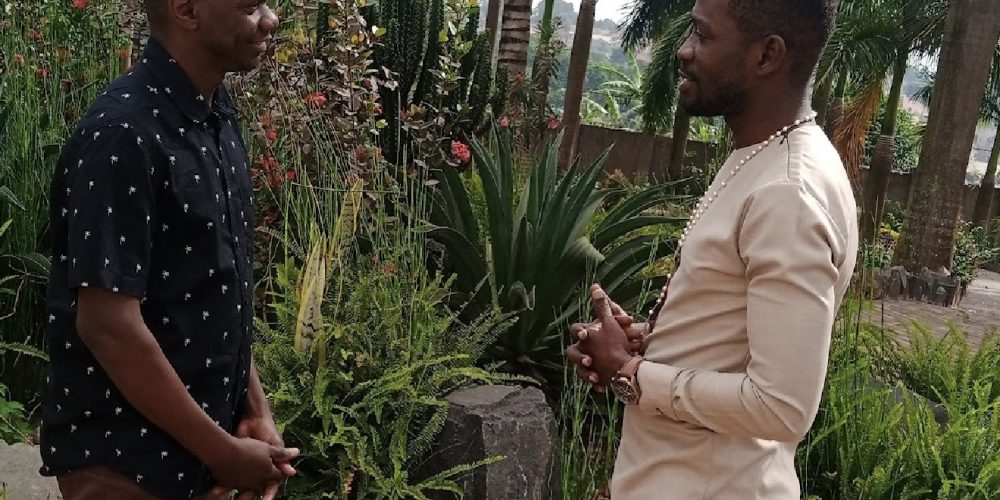

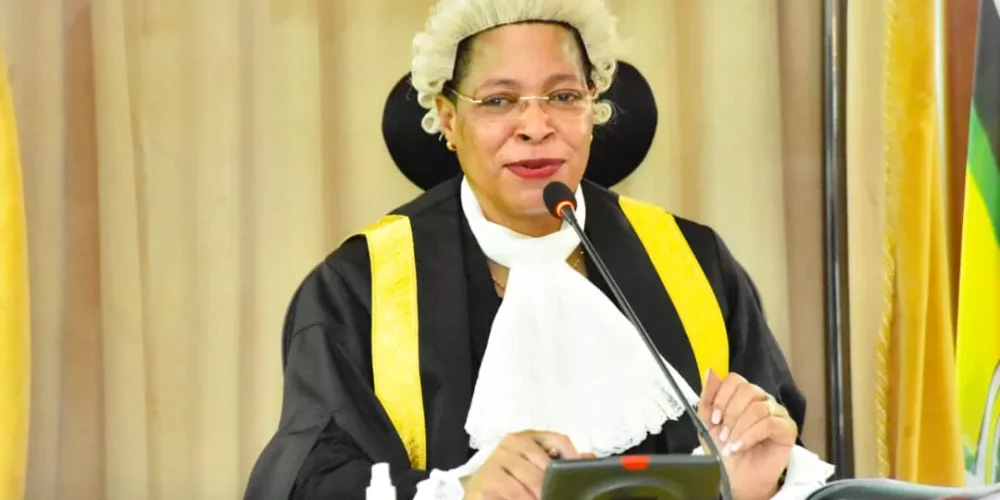

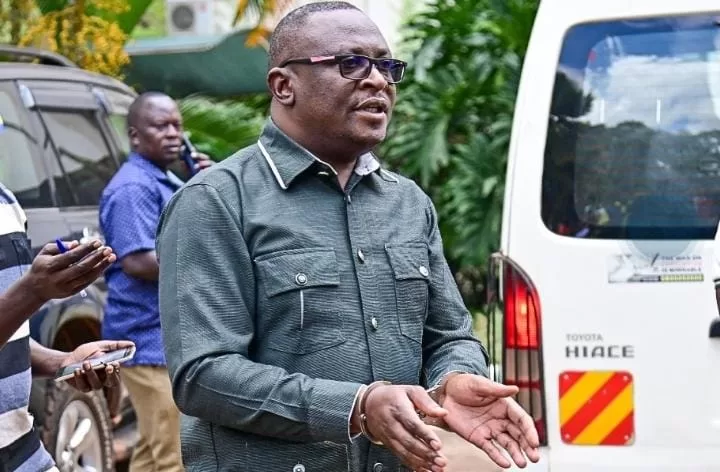

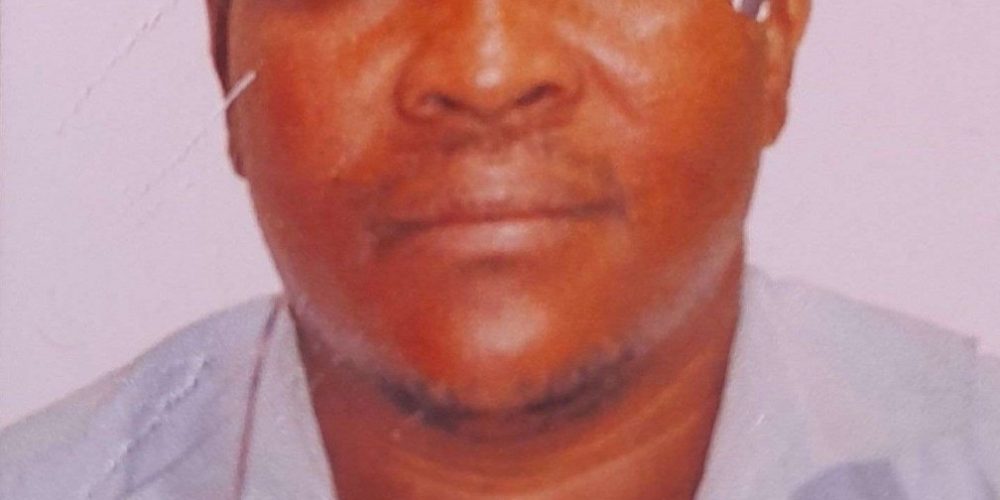
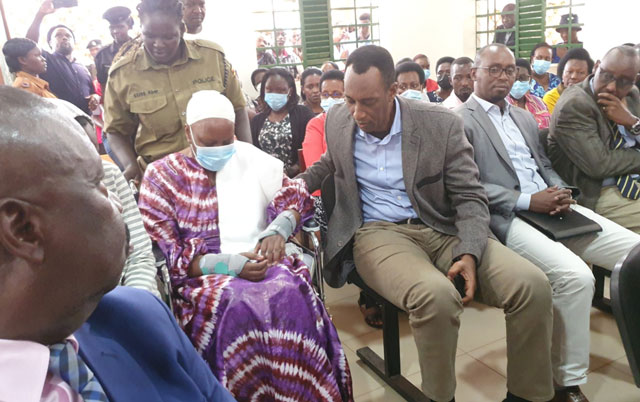
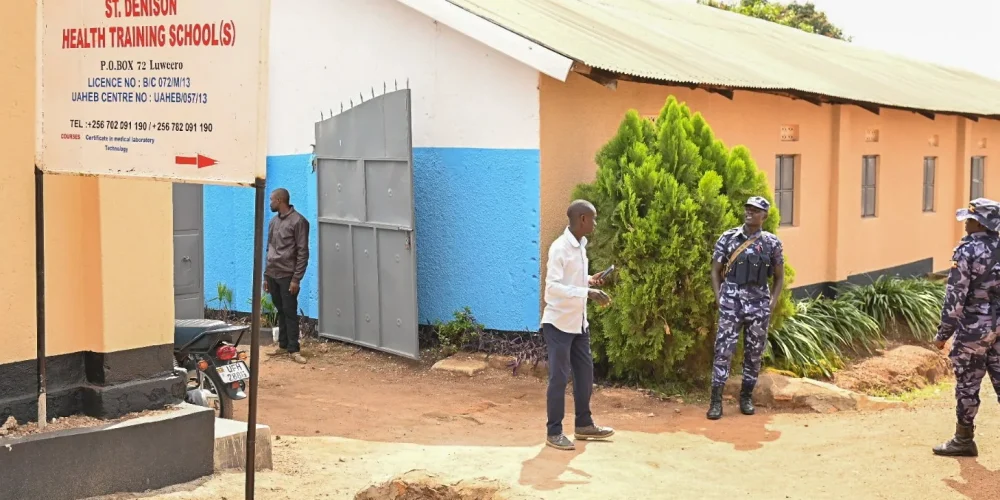


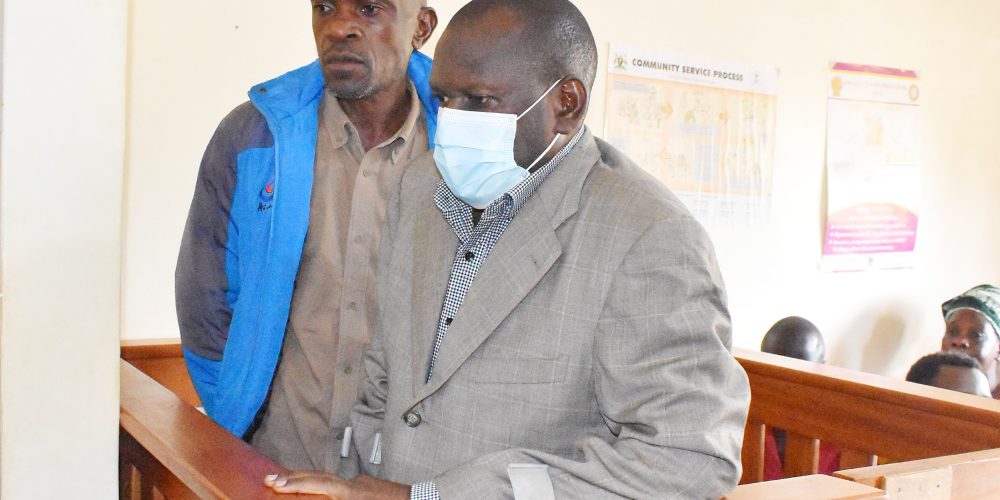

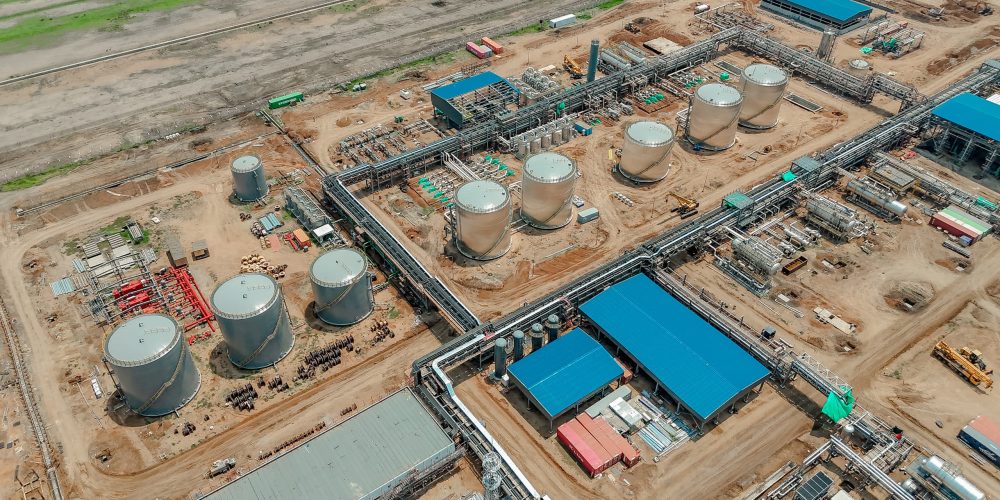

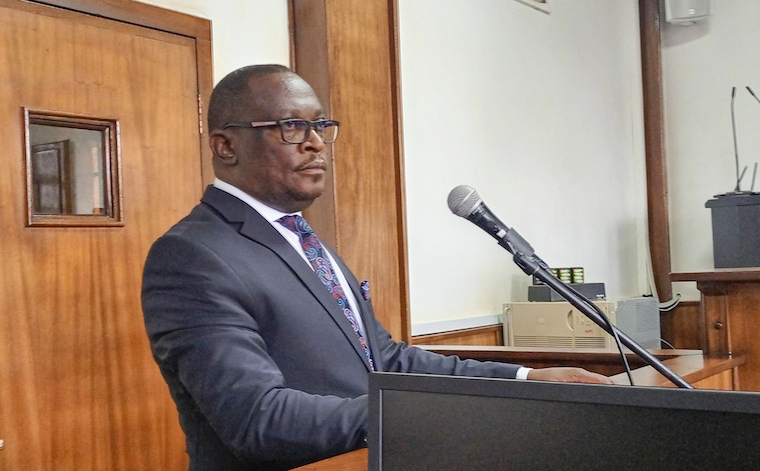
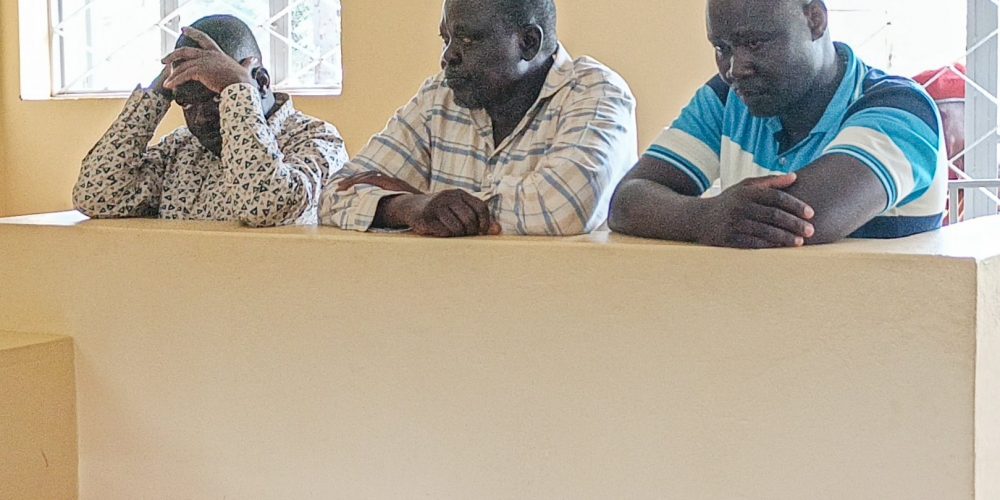
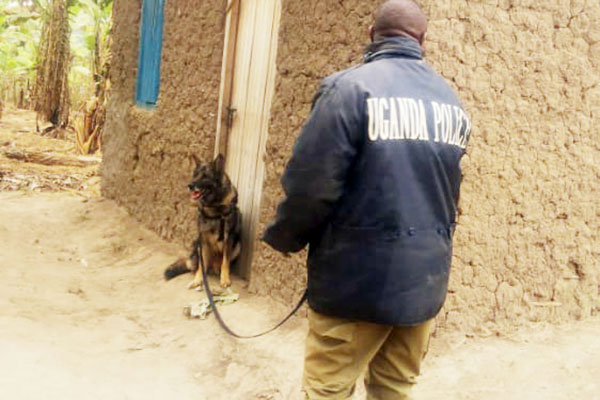
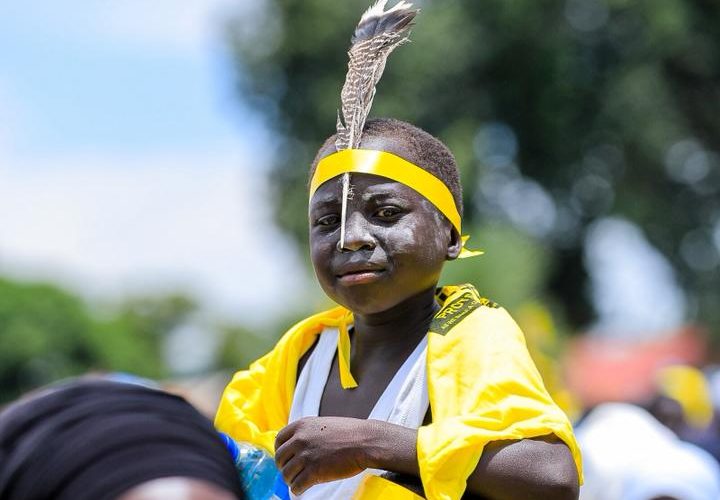




The thoroughness in this section is noteworthy. http://zgyhsj.com/space-uid-977929.html
dapagliflozin 10 mg pill – https://janozin.com/# forxiga 10 mg for sale
how to buy xenical – site xenical 60mg us
The thoroughness in this piece is noteworthy. http://iawbs.com/home.php?mod=space&uid=916817
4im6w6
You can keep yourself and your ancestors close being heedful when buying medicine online. Some pharmacopoeia websites manipulate legally and sell convenience, solitariness, rate savings and safeguards for purchasing medicines. buy in TerbinaPharmacy https://terbinafines.com/product/zetia.html zetia
I am actually happy to gleam at this blog posts which consists of tons of worthwhile facts, thanks towards providing such data. sildenafil pills 25mg
The thoroughness in this draft is noteworthy.
GoldenEmpireVN (online version)! More bonus in-game, nice graphics! Check it out for yourself: goldenempirevn
K33game… never heard of it. Guess I’ll go check it out. Maybe I’ll find the next game I’m addicted to. k33game
7kbet777, esses números todos me lembram jackpot! Já me cadastrei e tô explorando os jogos. Vamo que vamo! Dá uma passada lá: 7kbet777
juan365ph https://www.juan365ph.org
abjili https://www.babjili.com
**mitolyn official**
Mitolyn is a carefully developed, plant-based formula created to help support metabolic efficiency and encourage healthy, lasting weight management.
mrphl https://www.mrmrphl.com
**aqua sculpt**
aquasculpt is a premium metabolism-support supplement thoughtfully developed to help promote efficient fat utilization and steadier daily energy.
**prodentim reviews**
ProDentim is a distinctive oral-care formula that pairs targeted probiotics with plant-based ingredients to encourage strong teeth, comfortable gums, and reliably fresh breath
**neuro sharp**
Neuro Sharp is an advanced cognitive support formula designed to help you stay mentally sharp, focused, and confident throughout your day.
After I originally commented I clicked the -Notify me when new feedback are added- checkbox and now every time a remark is added I get 4 emails with the same comment. Is there any approach you possibly can take away me from that service? Thanks!
https://www.droversointeru.com
online casino games real money
casino online site top
top 10 casinos in usa
Hello there, just became alert to your blog through Google, and found that it’s really informative. I’m going to watch out for brussels. I’ll appreciate if you continue this in future. Lots of people will be benefited from your writing. Cheers!
https://www.fdertolmrtokev.com
betmgm VT betmgm-play bet mgm free bets